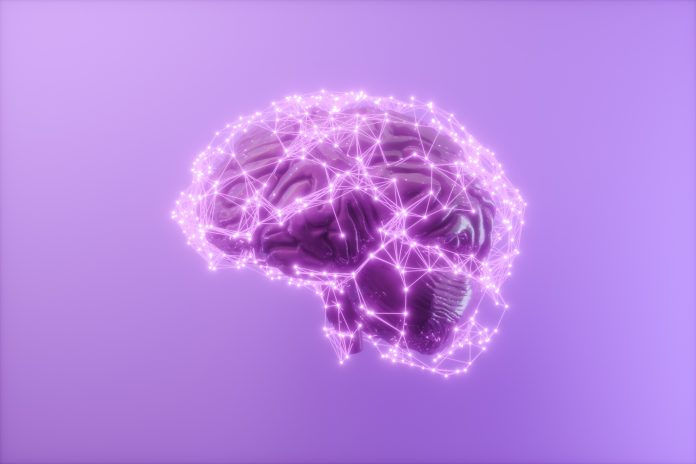New research links menopause to structural brain changes in regions tied to memory and emotional regulation, offering insight into cognitive shifts during midlife
A new review study shows menopause is associated with distinct structural changes in the female brain, including decreases in grey matter in the frontal and temporal cortices and hippocampus. These changes may help explain the “brain fog,” memory lapses, and emotional shifts many women report during midlife.
These findings were shared at the 2025 Annual Meeting of The Menopause Society in Orlando, October 21-25.
Brain changes during menopause are well-documented across many studies
Menopause has long been associated with distinct structural changes in the brain. Multiple studies have documented reductions in grey matter volume in both the frontal and temporal cortices and the hippocampus–regions critical for memory and executive function. These volumetric losses have been linked to declines in cognitive performance, particularly in verbal and visuospatial memory.
Studies have also shown increased white matter hyperintensities, especially in women with early menopause or those with frequent hot flushes. White matter hyperintensities are bright spots seen on an MRI scan of the brain’s white matter, which often highlight damaged tissue, typically due to reduced blood flow. This can lead to neurological symptoms like cognitive decline, balance issues and mood changes, increasing the risk of stroke and dementia.
Evidence has suggested a partial recovery of grey matter volume post menopause, explaining compensatory neuroplastic processes. Furthermore, elevated oestrogen receptor density during the menopause transition may represent an adaptive response to declining hormone levels, but it has also been linked to poorer memory outcomes. Changes in cerebrovascular reactivity and brain function highlight the impact of menopause on neural integrity and functional resilience.
New project aims to explore the brain and menopause in detail
A new project, carried out at the BRAVE Lab of the School of Behavioral and Brain Sciences at Ponce Health Sciences University (Puerto Rico), by PhD-PSY students Angélica Rodríguez and Andrea Pereira carried out a bibliographical review of relevant scientific literature on menopause-related brain structural changes and how these alterations may contribute to menopause symptoms. Dr Bárbara Barros and Dr Karla Martínez supervised this work.
The findings will be detailed further at the 2025 Annual Meeting of The Menopause Society as part of the poster presentation entitled “Menopause and Brain Structural Changes: A bibliographic revision.”
“This type of work highlights the need to continue exploring the relationship between the brain and menopause, particularly their connection with the cognitive, emotional, and behavioural symptoms women experience during this stage,” said Angélica Rodríguez, PhD student in Psychology at Ponce Health Sciences University in Puerto Rico.
“This study represents the cumulative body of scientific knowledge relative to structural changes that take place in the brain during menopause,” said Dr Stephanie Faubion, medical director for The Menopause Society. “These data will hopefully lead to a better understanding of the factors underlying some of the cognitive concerns experienced by women during the menopause transition so that we can ultimately identify effective therapies.”











